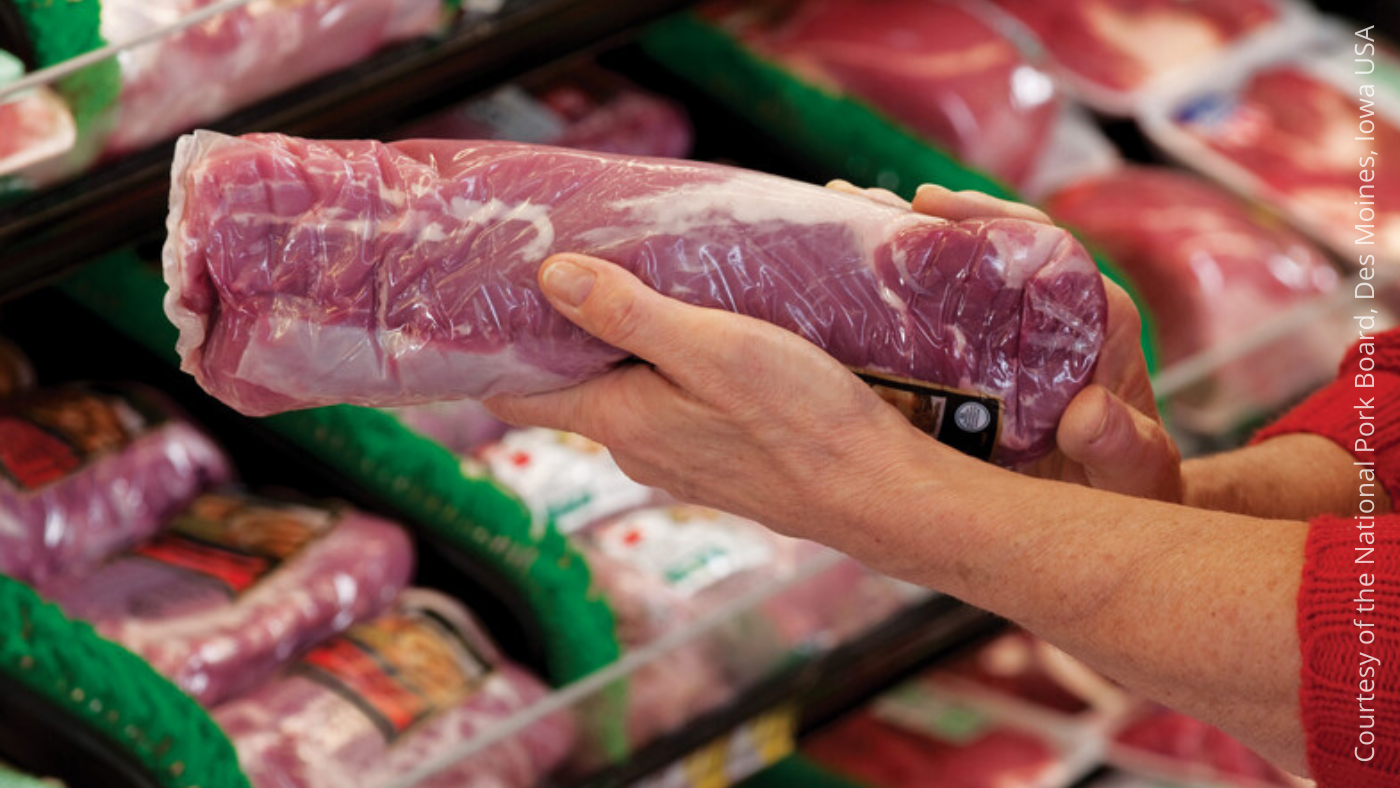
China continues to intensify its trade war with the United States, announcing a new reduction in US agricultural imports after the cancellation of records of pork.
According to analysts, Chinese strategy aims to harm specific US economy sectors, especially those who have a strong bond with agricultural states, mostly from a republican trend.
Last week, Chinese importers withdrawn a request of 12,030 American pork metric tons, the largest cancellation since May 2020 at the beginning of the Covid-19 pandemic.
The data released by the US Department of Agriculture reveals the significant impact of this action, with potentially severe consequences for US pig breeders, who face increasing difficulty, although most do not depend exclusively on the Chinese market. Producers of other agricultural products should also face a pressure increase due to new measures.
Dexter Roberts, a senior researcher at the Think Tank Atlantic Tank Global Hub, said China is taking a strategic measure to harm specific US areas that face economic difficulties.
Most of these agricultural states, such as Iowa and Nebraska, were favorable to the reelection of President Donald Trump in the November elections of the previous year.
“People are very aware of this and very worried,” said Roberts, highlighting the potential impact of a bad year for farmers who could be forced to mortgage their farms.
Future pork prices reacted to the measure, with falls registered between June 2023 and August 2026, reflecting the impact of canceled orders.
The effective rate on US pork imports increased to 172%, according to National Pork Producers Council, which highlighted the difficulty of US producers to compete in this market.
Rise of tariffs increasingly makes it more difficult for US pork producers to meet Chinese demand, which can mean significant damage to the sector.
By 2024, China imported $ 2.15 billion in pork, mostly from markets outside the United States. Spain, Brazil, Chile, the Netherlands and Canada are currently the main suppliers of pork to the country, according to data from the National Chinese Livestock Service.
In contrast, US pork exports to China totaled only $ 125.52 million last year, a number well below what was recorded before high tariffs.
The trade war between the two powers is not limited to pork. Since 2018, when the Trump government has imposed punitive tariffs on a series of Chinese imports, China has been responding with tariffs on a wide range of US agricultural products.
In March 2024, Beijing applied a 15% rate on American birds, wheat, corn and cotton, as well as 10% rates on pork, soy, beef and dairy products.
These tariffs have already caused a significant drop in beef and soy imports, with Brazil replacing the United States as the main soy supplier to China, and Argentina and Australia gaining market in beef export.
Chinese economist Andy Xie, based on Shanghai, stressed that China has adopted a more aggressive stance in its commercial policies.
“There is no more segmentation – it is all – China has to go to the end,” said Xie, suggesting that China can look for alternatives to deal with imports in imports.
Although not completely self -sufficient, China has the resources to increase its production and compensate for losses caused by reducing US imports. “Even with import cuts, China will not starve,” he added.
The impact of Chinese tariffs on the US agricultural economy reflects a tense and uncertain scenario, with US producers facing difficulties in staying competitive in the Chinese market.
In addition, Beijing’s retaliatory measures are part of a broader strategy of economic confrontation, which has continued to affect various industries in the United States since 2018, when trade war began to intensify.
Source: https://www.ocafezinho.com/2025/04/25/o-duro-golpe-da-china-contra-as-importacoes-agricolas-dos-eua-em-meio-ao-tarifaco-de-trump/

